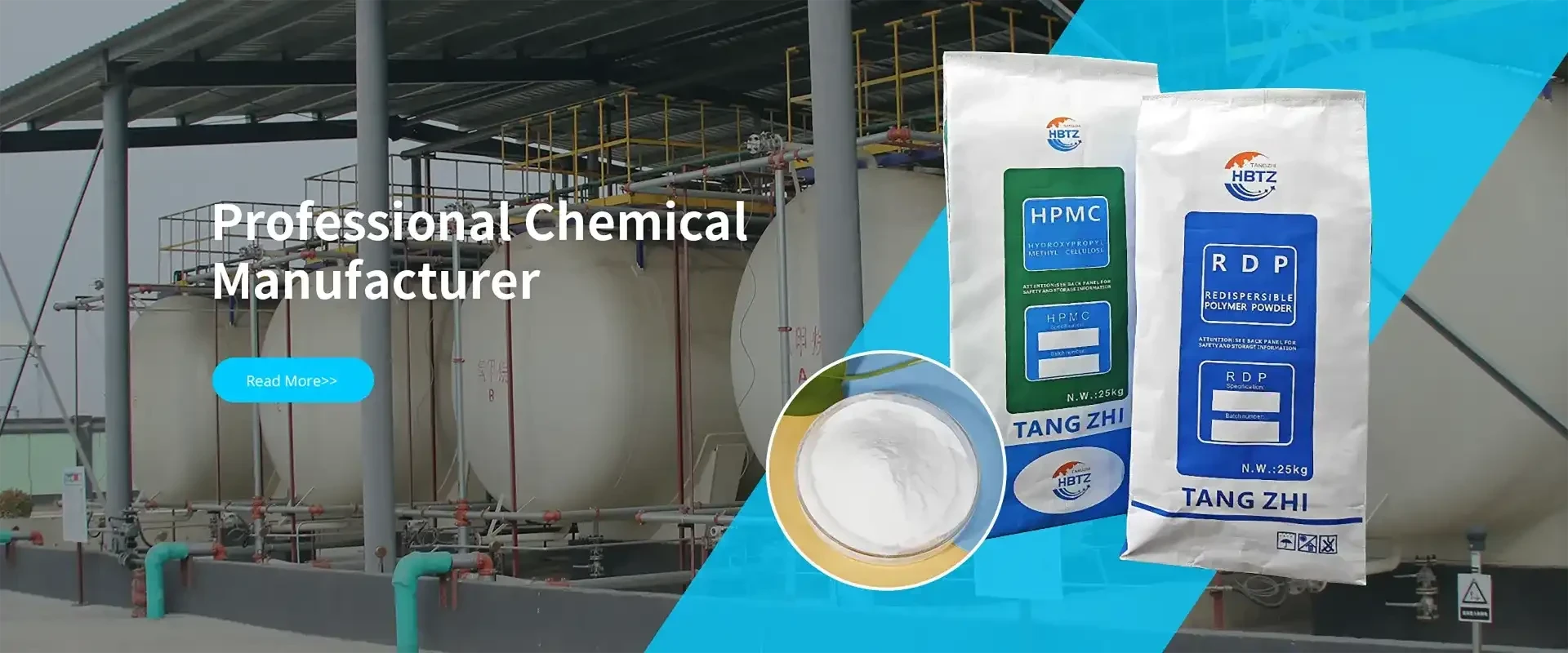
pva material
Exploring PVA Material Properties, Applications, and Future Prospects
Polyvinyl alcohol (PVA) is a synthetic polymer that has garnered significant attention across various industries due to its unique properties and versatile applications. With its excellent film-forming capabilities, water solubility, and biodegradable nature, PVA has established itself as a crucial material in sectors ranging from packaging to textiles, and pharmaceuticals to construction.
Properties of PVA
One of the most remarkable characteristics of PVA is its solubility in water. This property allows it to dissolve easily in aqueous solutions, making it an ideal candidate for applications that require a water-based medium. Additionally, PVA films exhibit high tensile strength and elasticity, which contribute to their durability in various environments. The polymer is also resistant to oils and organic solvents, thus expanding its potential applications.
Another important aspect of PVA is its biodegradability. As the world increasingly shifts towards sustainable practices, the demand for biodegradable materials has surged. PVA decomposes under natural conditions, breaking down into non-toxic byproducts, which makes it an environmentally friendly alternative to conventional plastics. This characteristic aligns with global initiatives to reduce plastic pollution, making PVA a material of choice for eco-conscious product developers.
Applications of PVA
The versatility of PVA is evident in its broad range of applications. In the packaging industry, PVA is often used to produce water-soluble films that can encapsulate powdered or granulated substances. These films allow for convenient dosing and minimize waste, making them ideal for single-use products such as detergent pods. By simplifying handling and transportation, PVA packaging enhances consumer experience while promoting sustainability.
pva material

In the textile industry, PVA is used as a sizing agent in the manufacturing of fabrics. It provides strength and stiffness to fibers, ensuring that textiles maintain their shape during production and usage. Moreover, PVA’s ability to form clear films makes it suitable for coatings that enhance the sheen and finish of textiles. Its role in textile processing not only improves the aesthetic qualities of fabrics but also contributes to their durability.
Pharmaceuticals also benefit from the properties of PVA. The material is utilized in the formulation of drug delivery systems, including controlled-release capsules and biodegradable implants. PVA’s biocompatibility and ability to form hydrogels are particularly advantageous in medical applications, as they allow for the sustained release of active ingredients, enhancing the effectiveness of treatments while minimizing side effects.
In construction, PVA fibers are added to concrete and cement products to improve their mechanical properties. The incorporation of PVA results in enhanced flexibility, increased resistance to cracking, and improved durability of construction materials. This not only extends the lifespan of infrastructure but also contributes to safety and sustainability in building practices.
Future Prospects
As industries continue to seek sustainable solutions, the future of PVA material appears promising. Research and development efforts are focused on enhancing its properties to expand its application range further. Innovations in formulations and processing techniques aim to improve the efficiency of PVA production, making it more cost-effective while maintaining its environmental benefits.
Moreover, the growing awareness of environmental issues is likely to drive increased demand for biodegradable materials like PVA. Governments and organizations worldwide are implementing stricter regulations on plastic use, pushing industries to explore alternatives that align with sustainable development goals. As such, PVA is poised to play a pivotal role in the transition towards greener materials.
In conclusion, PVA is a remarkable polymer that combines versatility, durability, and biodegradability, making it an ideal candidate for a wide range of applications. Its potential to address pressing environmental concerns positions it as a key player in the future of materials science. As research continues and industries adapt, PVA will undoubtedly remain at the forefront of innovation and sustainability.
-
Concrete Water Reducer: Boost Strength & Workability EfficientlyNewsAug.30,2025
-
Premium Ethyl Cellulose | High Purity Polymer for Coatings & BindersNewsAug.29,2025
-
Hydroxypropyl Methylcellulose Acetate Succinate (HPMSCAS) for Enteric CoatingsNewsAug.28,2025
-
Hydroxypropyl Methylcellulose Acetate Succinate | Enteric CoatingsNewsAug.27,2025
-
Hydroxyethyl Cellulose for Paint: Optimal Thickening & Flow ControlNewsAug.26,2025
-
Concrete Water Reducer | High-Performance PCE SuperplasticizerNewsAug.19,2025





















